
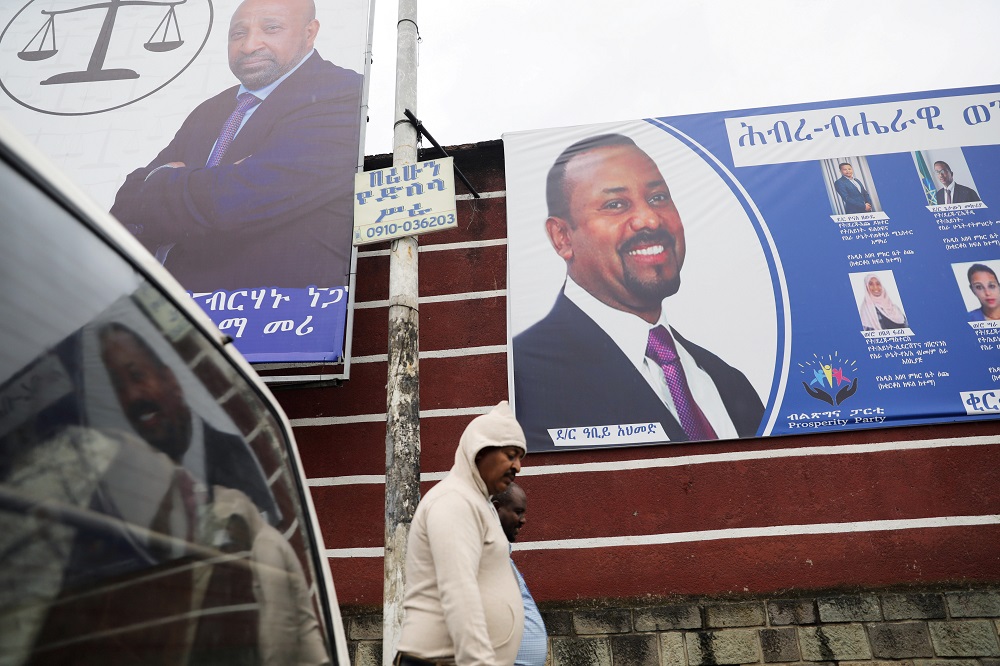
By Yodit Hylton
Ethiopians cast their votes today, June 21, 2021 in the 6th national election since the introduction of the electoral process in Ethiopia, and the first genuine multi-party election since 2005.

This election was originally scheduled for August 2020, however, it was postponed due to the COVID-19 pandemic. Subsequently, election was set for June 5, 2021 and it was again delayed until now to allow more time to organise the ballot across a huge and diverse nation.
According to Birtukan Mideksa, chairwomen of the Electoral Board, they were ready for Monday’s vote, which involves more than 40 political parties and 9,500 candidates.

She further said: “Low voter registration, logistical challenges, security concerns in distributing poll materials, training of electoral staff, as well as more time needed to print ballot papers were major concerns.”
Today, in the capital of Ethiopia, Addis Ababa, and six other regions (there are nine regions) long lines of voters have been reported. However, the vote in Tigray region has been postponed due to the ongoing military conflict with the government and the region’s forces.
A second round of voting is to take place on September 6 to accommodate many of the constituencies not taking part in the election today. The African Union as well as a number of Ethiopian Civic groups, and the National Election Board of Ethiopia (NEBE) are supervising and observing the election process. Some international observer missions (for example the EU) have withdrawn from the observer mission.

The current Ethiopian prime minister, Dr Abiy Ahmed, came to power in 2018 as the nominee of the then ruling coalition Ethiopian People’s Revolutionary Democratic Front (EPRDF) Party, but he has never faced the electorate since. He became prime minister as a result of popular protests against the government dominated by the Tigray People’s Liberation Front (TPLF), and introduced a series of reforms, including the introduction of the new Prosperity Party to which most of EPRDF’s members were merged, in an attempt to reduce ethnic division.
Abiy will keep his post if the party wins a majority of the 547 seats in the national assembly. Despite the fact that 20 per cent of constituencies will not vote today, the government is standing by its decision to hold today’s vote and says it will be a genuine reflection of the will of the Ethiopian people. Further, the prime minister expresses the view that the polls will be “the nation’s first attempt at free and fair elections and when the entire world is saying we will fight on election day, we will instead teach them a lesson,” he told supporters at a rally last week.
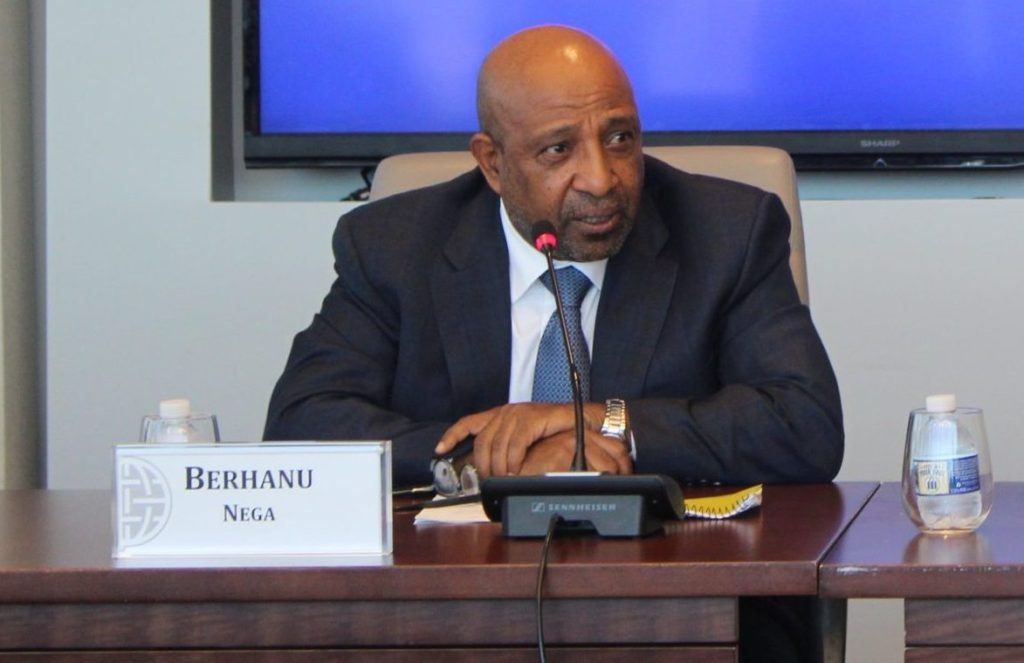
Dr Berhanu Nega, the leader of the major opposition party Ethiopian Citizens for Social Justice Party (EZEMA), after casting his vote, responded to questions from journalists by stating: “It is not America or Europe who will determine your future, but your vote!”
Looking beyond the elections, if Ethiopia manages a peaceful election process, some credibility and legitimacy will be restored to the government. This will greatly assist the government in dealing with a range of issues that threaten to undermine the country’s social, economic and political stability. It will also assist in strengthening the government’s foreign relations with a number of its previous allies, including the United States and the European Union. More immediately, the government’s hands will be strengthened in dealing with the domestic crises that currently threaten its hold on power. The stakes remain very high!


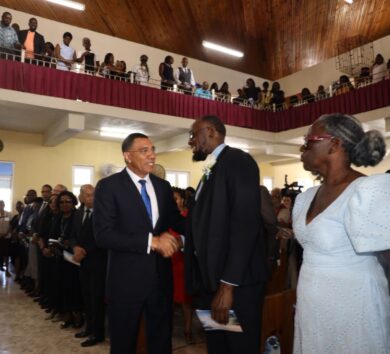
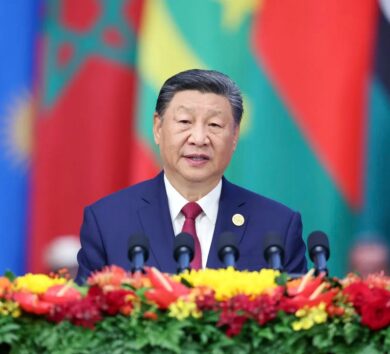


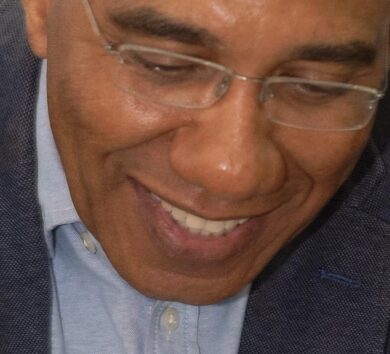
Comments